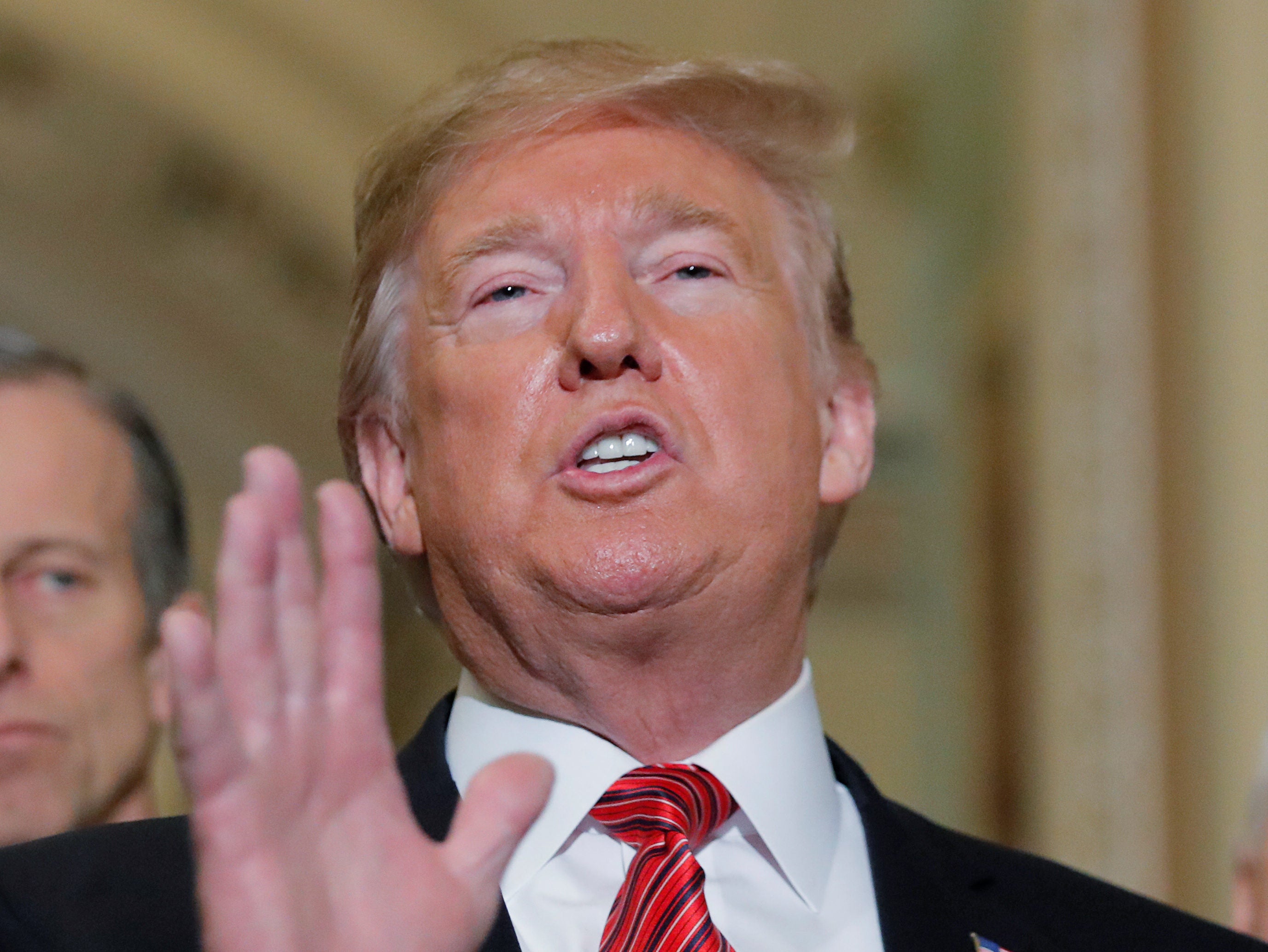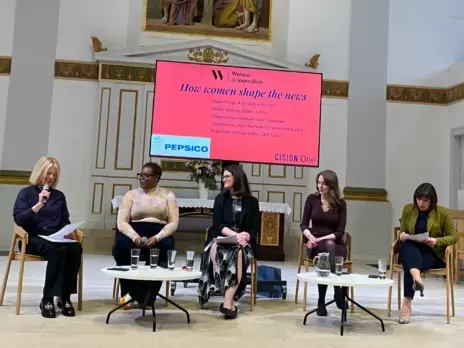
So-called fake news played only a small role in propelling US President Donald Trump to the White House, research suggests.
A study found that fewer than 9 per cent of Americans shared links to fake news sites on Facebook during the 2016 presidential election campaign.
But a disproportionately high number of people over the age of 65 were involved in spreading fake news.
Joshua Tucker, professor of politics at New York University, said: “Despite widespread interest in the fake news phenomenon, we know very little about who actually shares fake news.
“This study takes a first step towards answering this question.
“Perhaps most significantly, we find that sharing this type of content on Facebook was a relatively rare activity during the 2016 presidential campaign.”
The findings, reported in the journal Science Advances, are based on a survey of about 1,300 people conducted by the polling firm YouGov.
Overall, just 8.5 per cent of the group was found to have shared links from fake news sites via Facebook.
There was a big age difference in terms of who did and did not fall for fake news propaganda.
Only 3 per cent of people aged 18 to 29 shared links from fake news sites, compared with 11 per cent of over-65s.
The association with age was independent of respondents’ ideological or political affiliations.
Dr Andrew Guess, an assistant professor of politics and public affairs at Princeton University in the US, said: “If seniors are more likely to share fake news than younger people, then there are important implications for how we might design interventions to reduce the spread of fake news.”
The study also found that far more Republicans (18 per cent) shared links to fake news sites than Democrats (4 per cent).
But the researchers cautioned that this might simply be the result of most fake news produced during the campaign having been pro-Trump or seeking to discredit his opponent, Hillary Clinton.
Fake news sources were chiefly gathered from sites assembled by journalist Craig Silverman of Buzzfeed News, who investigated the phenomenon in 2016.
The list was supplemented by other news stories debunked by fact-checking organisations.
Picture: Reuters/Jim Young
Email pged@pressgazette.co.uk to point out mistakes, provide story tips or send in a letter for publication on our "Letters Page" blog






